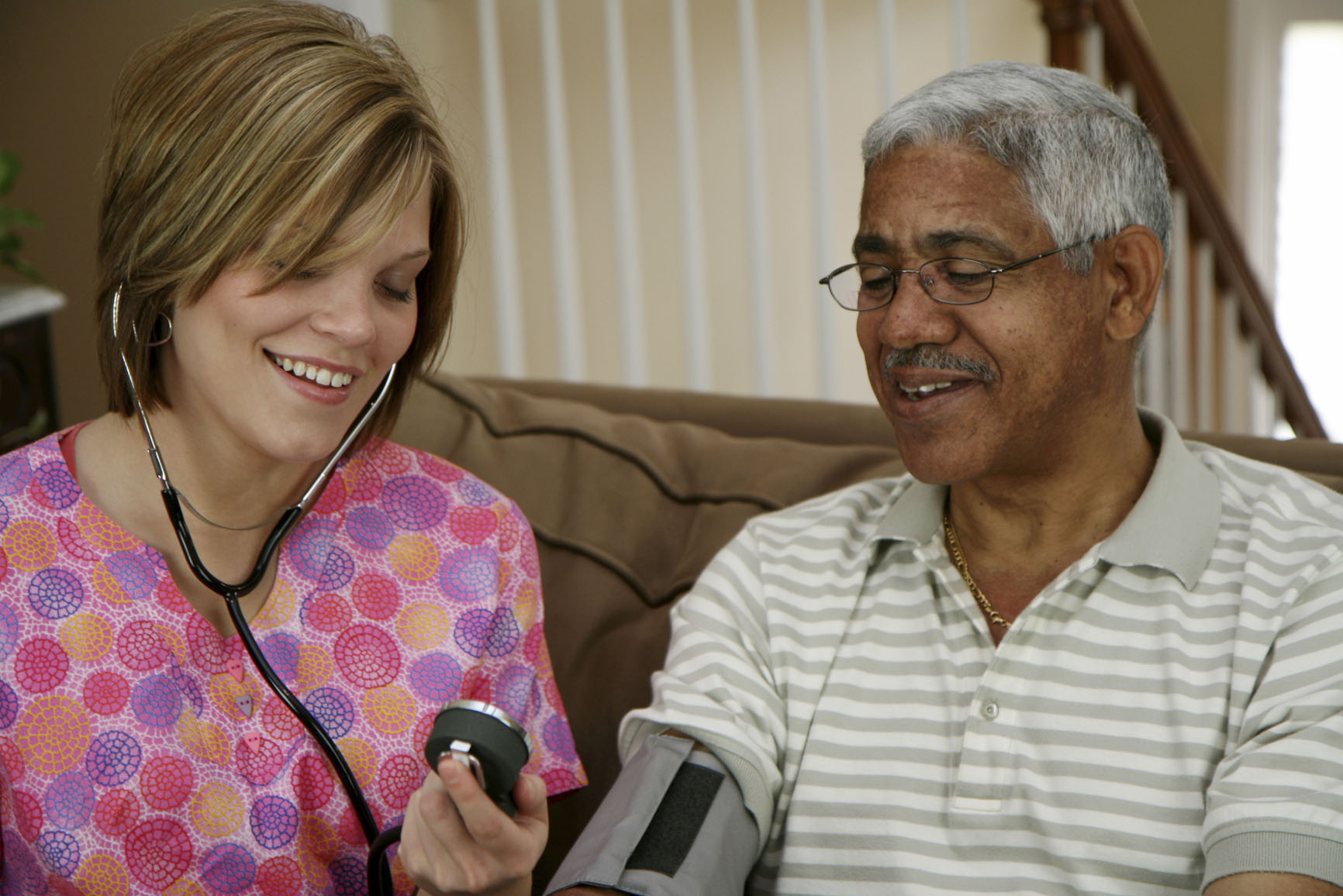Kidney donor assessment
HOW LONG DOES THE DONOR ASSESSMENT PROCESS TAKE?
Assessing if you can become a donor usually takes at least three months. However, it may take more or less time depending on where you live, the hospital you are being assessed by, and the types of tests you might require. Wherever possible, the assessment process is tailored around your other commitments like work and travel.
If you are currently in work, most transplant centres will try to arrange the pre-op tests and investigations to minimise disruption to your job. If you live a long way from a transplant centre, it is sometimes possible to arrange for some of the testing to be done more locally for you.
The recovery period after the operation usually lasts between two and 12 weeks, depending on the surgery, your individual recovery time, and the type of work you do (for example, those with a desk-based job may be ready to return to work sooner than those with a very physical job). You should discuss this with your coordinator to get a better estimate of how much time you may need to take off work, based on your own situation.
HEALTH CHECKS BEFORE DONATING A KIDNEY
After you decide that you would like to donate a kidney, there are a number of tests and investigations that are needed to make sure you are healthy enough to give a kidney, that your kidneys are currently working well, and that you are physically and emotionally ready for the donation. The tests and checks can take several months (sometimes longer if further tests are required).
Each transplant centre across the UK has its own list of tests for potential donors. These are based on nationally agreed guidelines and can involve urine and blood tests, blood pressure monitoring, scans, a chest X-ray, and heart tracing. How these tests are done can vary across the country, however your healthcare professional will always discuss these with you before you begin to make sure you are comfortable.
Many people find it helpful to bring someone with them when they meet their healthcare professional, especially at the beginning.
Once your tests are complete, they will be reviewed by healthcare professionals to make sure you are suitable to donate. After this, a meeting will be arranged with the transplant surgeon to discuss the transplant operation. They will give you detailed information and be happy to answer any questions you might have about the surgery and recovery.
FOLLOW-UP CHECKS AFTER KIDNEY DONATION
Once all the initial health checks are complete, more blood tests will be done to discover your tissue type and blood group. These tests are required to match you with a potential kidney recipient.
Once a potential recipient is chosen, whether you know them or not, blood will be taken from both you and the recipient to check if the recipient has antibodies that might react against your donated kidney. If there are antibodies to the donor kidney, another recipient may be chosen to receive your kidney.
The final preparation stage involves meeting with an independent assessor. These assessors are trained by the regulatory body, the Human Tissue Authority (HTA). They want to find out if the person who is offering to donate a kidney completely understands the implications and risks of the process and is making an informed decision to donate their kidney. They must also be sure that the potential donor is not being either bribed or coerced into donating.
Final approval for the transplantation must come from the Human Tissue Authority. This may take a number of weeks.
In the week or fortnight before the operation, a few of the blood tests may be repeated to make sure nothing has changed. Some routine “pre-op” (before the operation) investigations may also be done during a pre-admission visit to the hospital.
The process above may seem daunting and time consuming. However, the priority is always to make sure donation is as safe as possible for the donor. All of the above can usually be completed within two to three months if necessary.




